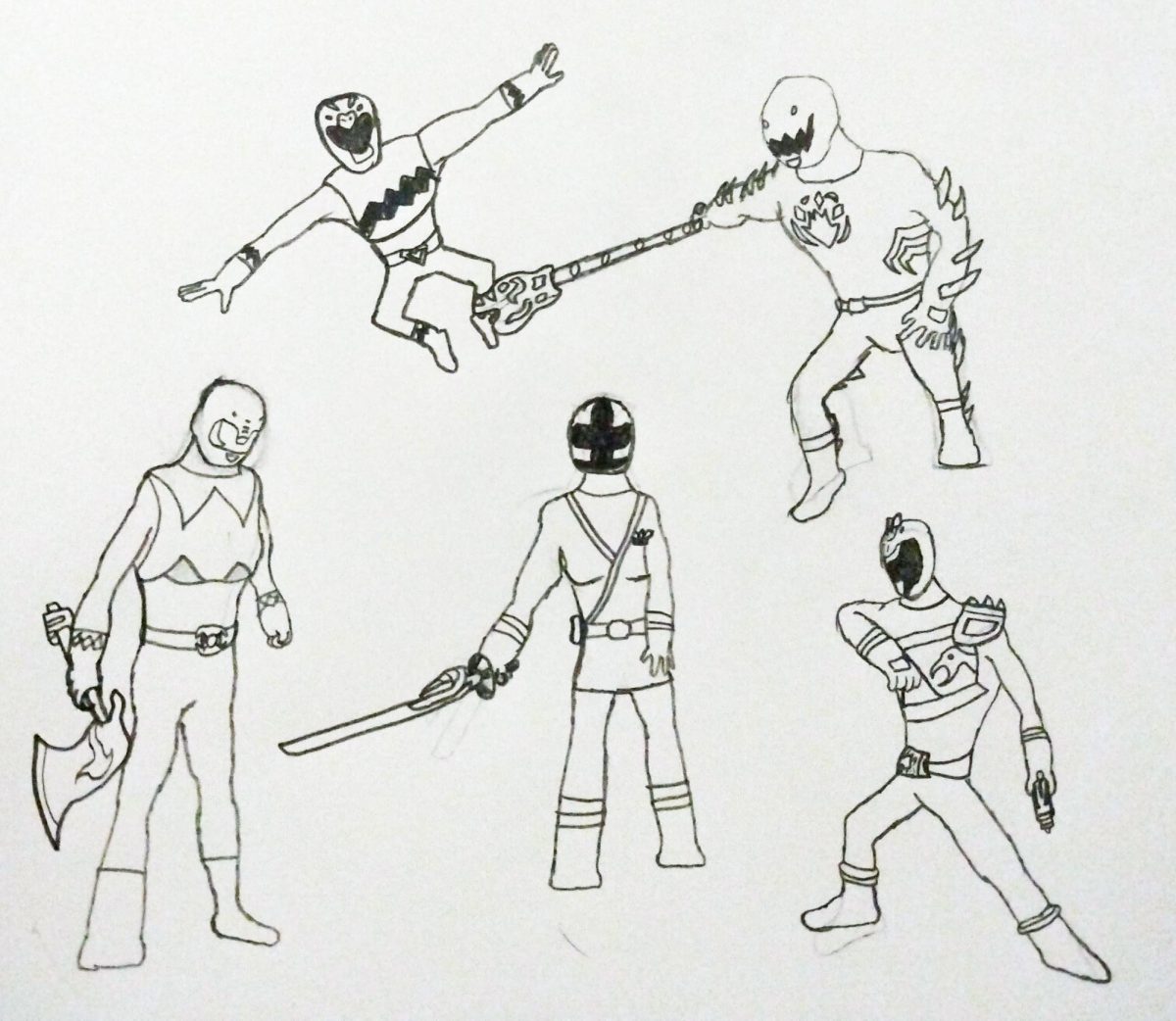Properly acknowledging identities
While I was having classmates proofread an essay for me, many students wondered why I capitalize the B in Black and W in White when referring to people. This worried me, because I started to wondered if my grade would be marked off for capitalizing Black and White.
When speaking about someone’s ethnicity, race or nationality, it is considered proper by many to capitalize the letter the word starts with. For example, it makes sense to have to capitalize the A in African-American, so therefore it would also make sense for someone to capitalize the B in Black.
Calling someone Black is referring to their identity, while calling something black is referring to its color.Today many people do not realize that they ought to capitalize the B in Black.
The New York Times and the Associated Press continue to insist on using the lowercase b for Black Americans. In many articles and published works, the b in Black is lowercase.
However, it is a known grammar rule that the proper names of nationalities, peoples, races and tribes should be capitalized.
Why is there an exception for Black?
I do not know if people realize the harm that results in not capitalizing the letter B in Black. When the B isn’t capitalized, the term degrades a group of people to a single color, people who have already been degraded for centuries because of their heritage.
The discussion on how to refer to Black people in America has been going on for a long time. People often refer to a Black person as African-American, but the problem with this is that many Black Americans have no tie to Africa. Therefore calling someone African-American is not correct for every Black person in America.
My father hates being called African-American. He feels like he has no connection to Africa and therefore he is not African because of it. He is American, and he is Black.
The oversight that is shown in the term comes from the fact that many Americans still hold on to identities that they have no ties to.
When asked about her identity, my mother has told people that she is Irish and Italian, while having no close ties to her Irish or Italian sides or knowledge of either language.
This is something that I’ve always wondered about. Why do Americans hold on to an identities that they do not really know anything about? Of course, their ancestors migrated to America from those places, but their descendants eventually became American.
I don’t feel like I am Italian, Irish or African. I feel like I am a Black and White American. My identity is tied into the country I was born in, the one my mother, father, and grandparents were born in. My roots are tied in with Southern soul food, Gospel music and my mother’s holiday parties.
I feel like sometimes people forget that American is an identity they can claim too. By saying someone is African-American we are implying that they have cultural ties to Africa. In a way we are tying ourselves to a culture we might have had in our past but is no longer in our present.
Despite the fact many Blacks in America would want to have a connection to their ancestors in Africa, it is not the case for many of us.
When someone asks me what my background is, I will tell them I am a Black and White American. Since this is the identity I chose to be recognized as, then it should be capitalized correctly on paper.
Upper casing the B in Black should not be a choice, but a rule. It’s something people should be aware of when taught the rules of capitalization. Lower casing the B degrades people to a color and disrespects someone’s identity.
This change in understanding will bring out shifts in what we as a nation define the American identity to be.






















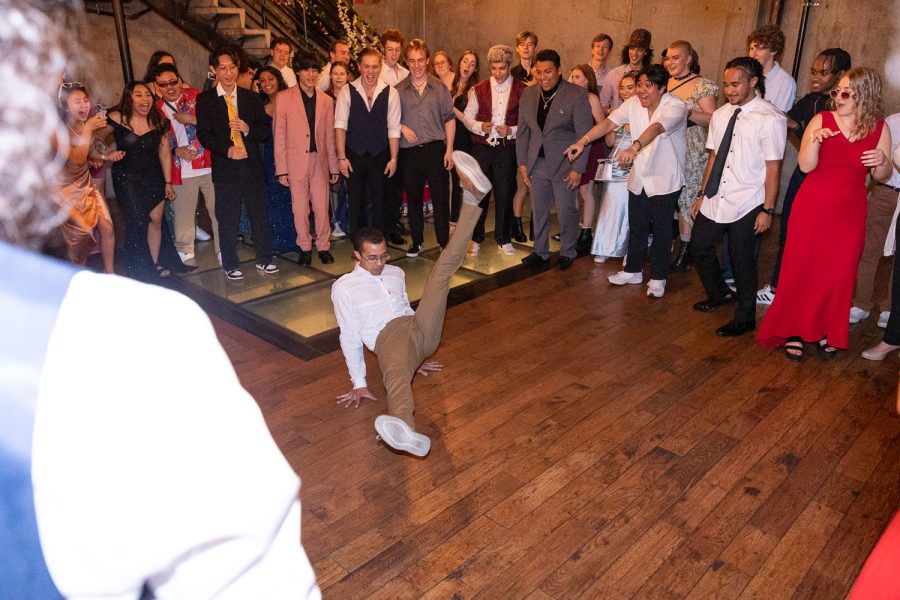











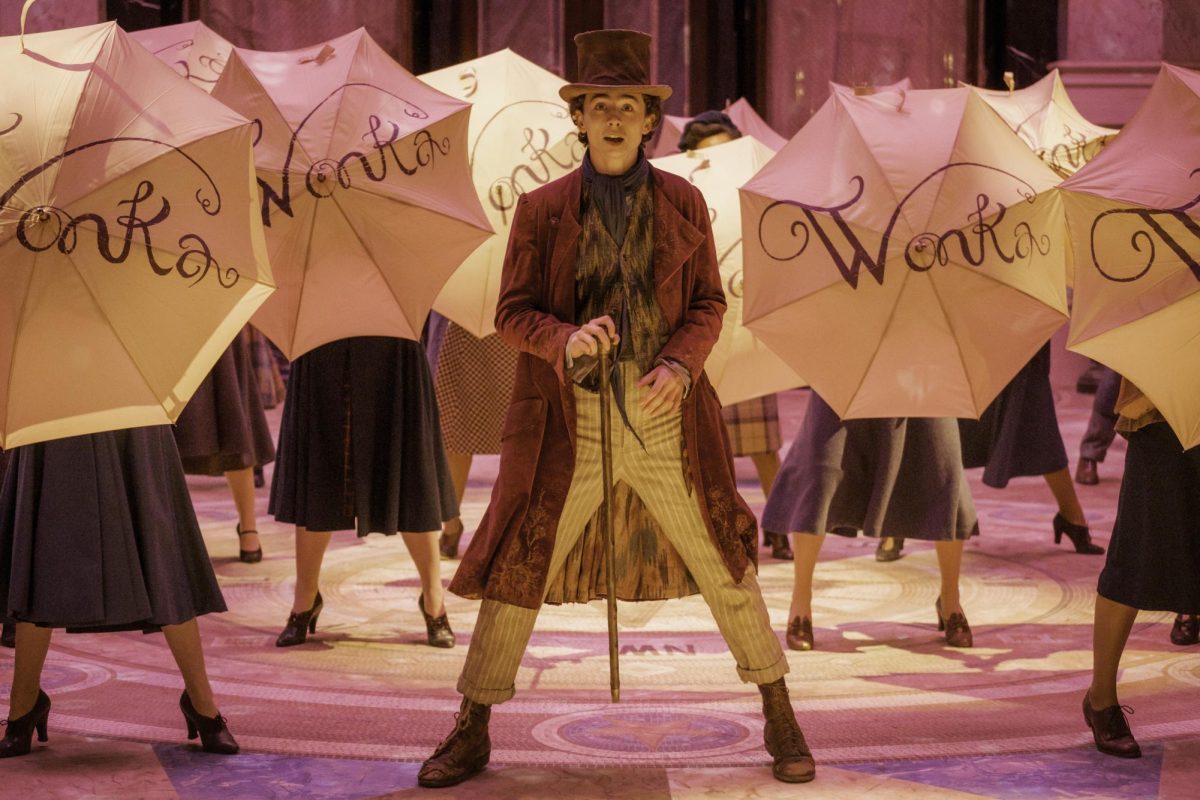








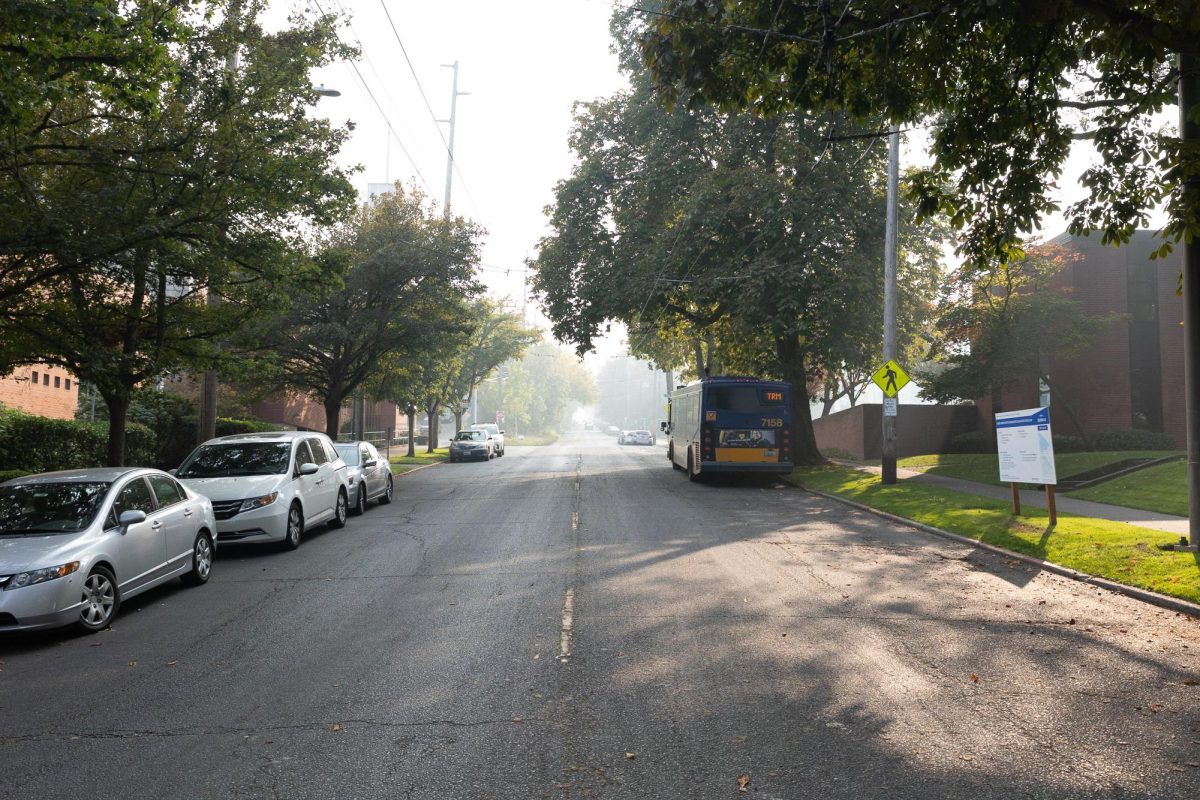





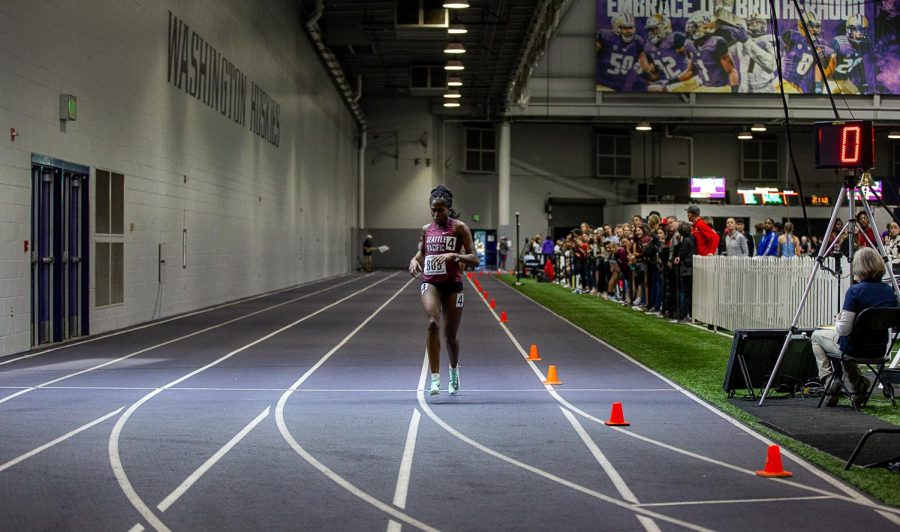
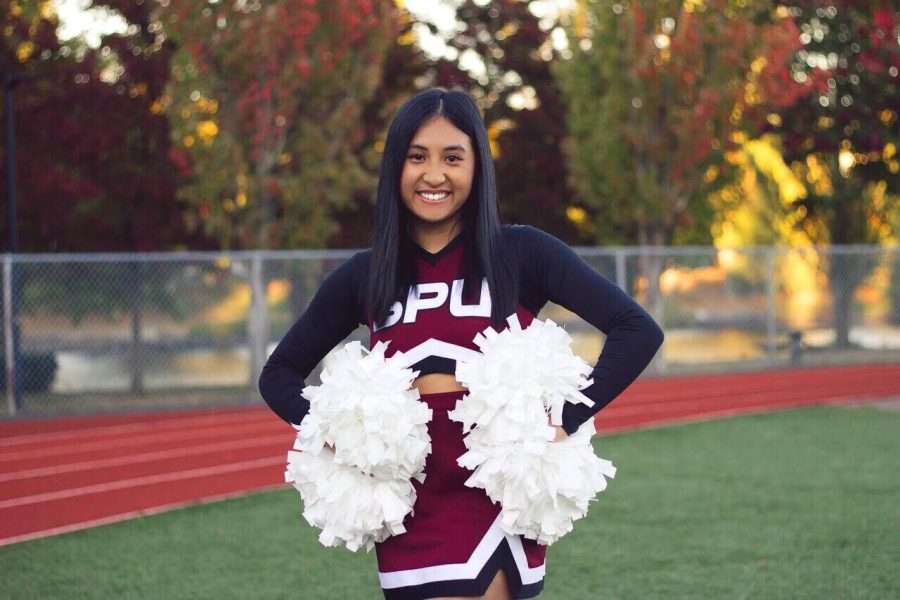































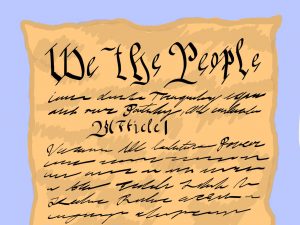

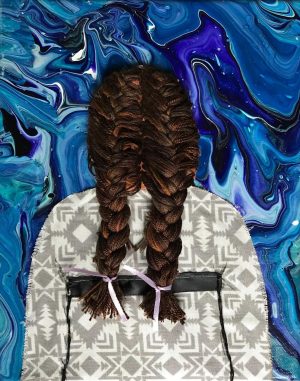






![Queer joy at SPU’s [Redacted] Fest](https://thefalcon.seapacmedia.com/wp-content/uploads/2024/05/04_14_23_9999_1-600x400.jpg)
